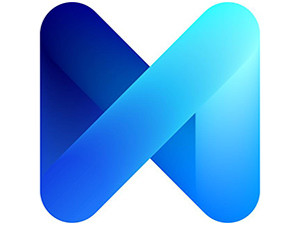
Facebook is testing a personal digital assistant called "M" within its Messenger service that can answer questions with live human help and perform tasks such as buying gifts online and booking restaurants.
M is "powered by artificial intelligence that's trained and supervised by people," David Marcus, VP of messaging products, wrote on his Facebook page yesterday.
"Unlike other AI-based services in the market, M can actually complete tasks on your behalf. It can make purchases, get items delivered to loved ones, book travel arrangements, appointments and more."
Rival services such as Apple's Siri, Google's Google Now and Microsoft's Cortana rely entirely on technology to answer questions.
M is a hybrid backed by a team of Facebook employees with customer service backgrounds, called M trainers.
Facebook announced in June it had enabled users without an account to sign up for its Messenger app with a phone number, in a move to broaden the app's reach and make it a standalone platform.
Facebook has also introduced several functions inside Messenger, which has over 700 million users. Earlier this year, it rolled out games exclusively on Messenger and launched products for businesses to directly connect with consumers. In the US, Messenger users are able to use the platform to send money to each other.
Facebook's flagship social network has 1.4 billion users.
Messenger has grown in popularity despite the Internet community getting up in arms last year over the permissions the app requires.
Installing the app meant giving Facebook permission to access several key aspects of users' handsets. Android devices, for example, give the app the right to access users' location, contacts, edit, read, receive and send SMS messages. It can also "directly call phone numbers" and read call logs as well as take pictures and videos, and record audio.
Share